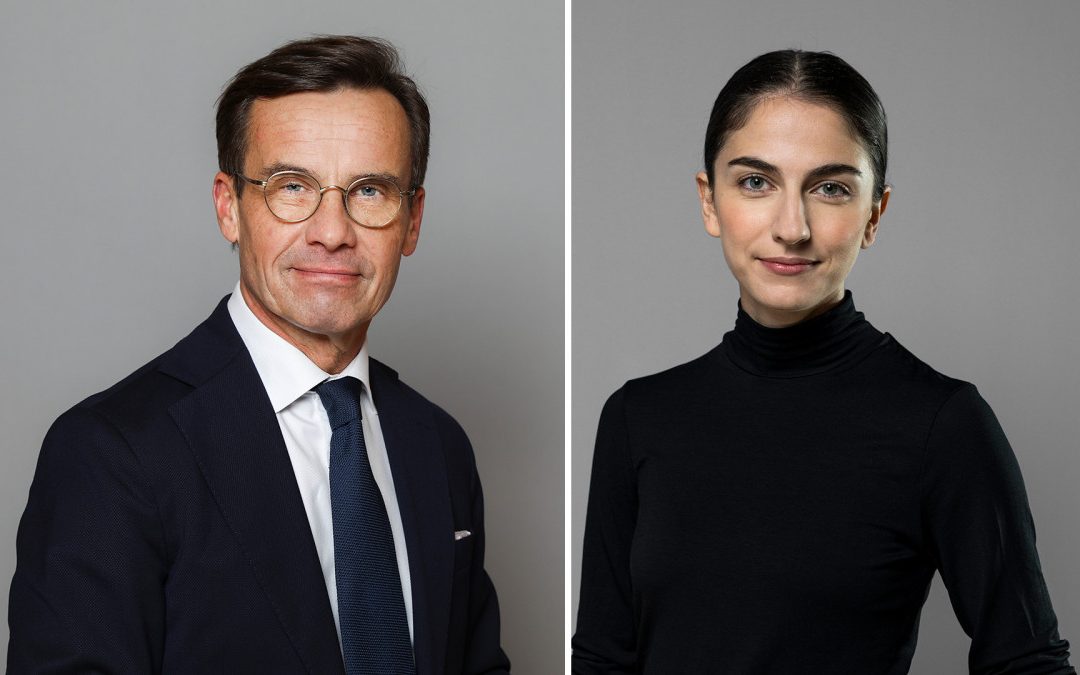Prime Minister Ulf Kristersson and Climate Minister Romina Pourmokhtari Photo: Ninni Andersson and Kristian Pohl/The Government Offices of Sweden
Cutting taxes on petrol and diesel not only increases emissions, it is also a poor use of public funds if the goal is to strengthen the Swedish economy and support low-income households. This is shown in a new study.
The researchers behind the study come from Uppsala University, KTH Royal Institute of Technology, and Corvinus University of Budapest, among others. They analyzed the repeated reductions in energy tax on petrol and diesel in recent years in Sweden. At the time the study began, these subsidies amounted to 8 billion SEK, today the sum is significantly higher. Using advanced economic modelling, the researchers show that this policy not only worsens climate emissions, but that there are far better ways to boost GDP and employment.
Better ways to protect household finances
The study concludes that the government’s main argument, that lower fuel taxes protect household finances, does not hold. Alternative uses of the same budget, such as direct income support or increased investment in healthcare and education, would deliver both stronger economic outcomes and lower emissions. Particularly effective are higher taxes on fossil fuels combined with targeted rebates to households and investments in green technologies. Such policy packages can simultaneously reduce emissions, increase employment and GDP, and benefit low-income groups.
Undermining climate transition support
Fuel tax cuts are often presented as support for vulnerable households, but according to the researchers, they are an inefficient tool that may in fact undermine public support for the green transition.
The study is based on the macroeconomic model E3ME, combined with Swedish data from Statistics Sweden (SCB). The results clearly show that climate policy does not have to come at the expense of a strong economy – on the contrary. Well-designed green reform packages can strengthen welfare, reduce emissions, and enhance fairness in society.
THE ARTICLE
Read the full scientific article here: Modelling policy packages with combined climate, social, and macroeconomic goals: the Swedish case
CONTACT
Markus Larsson
Postdoc. Department of Sustainable Development, Environmental Sciences and Engineering (SEED), KTH, Stockholm
marklars@kth.se
